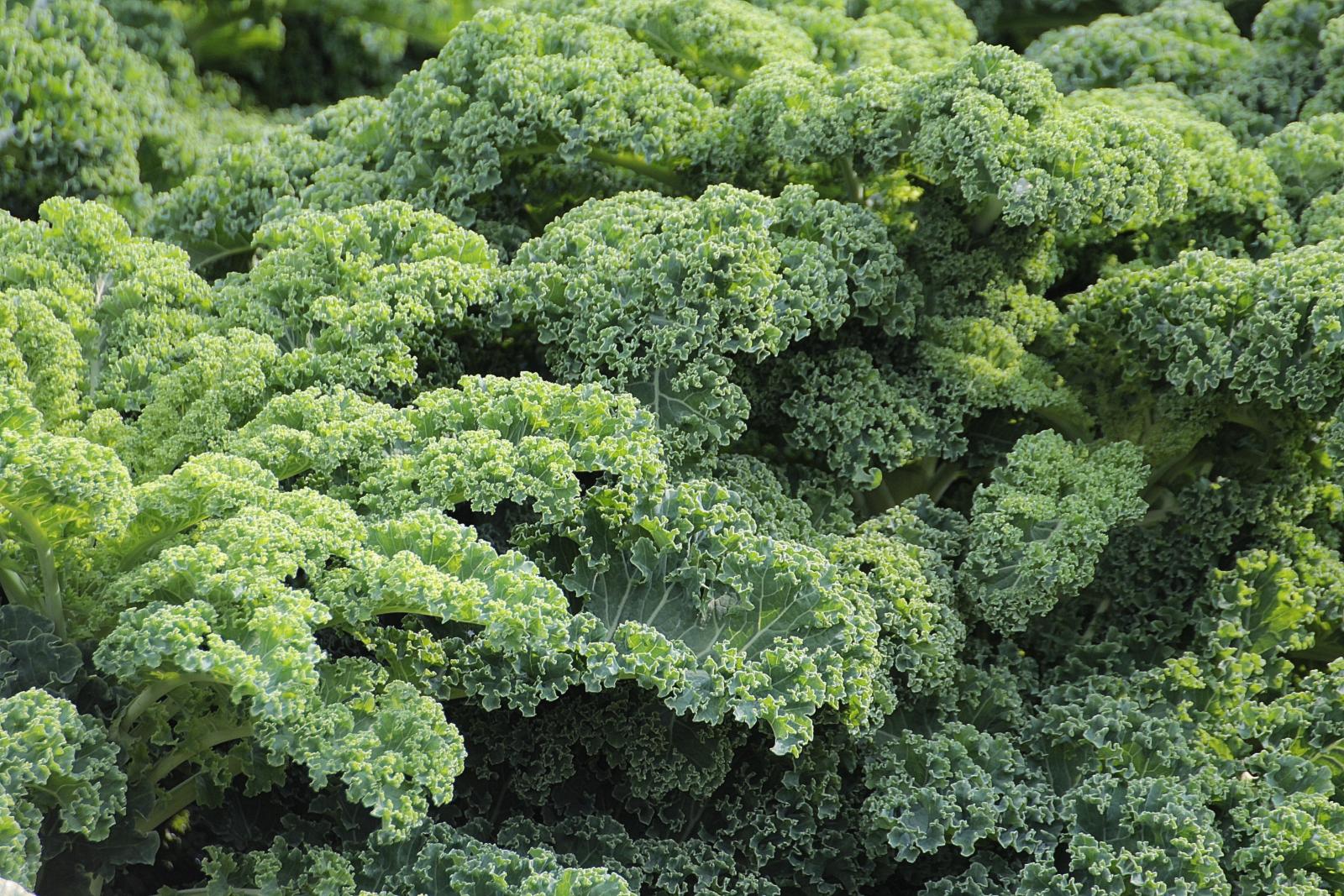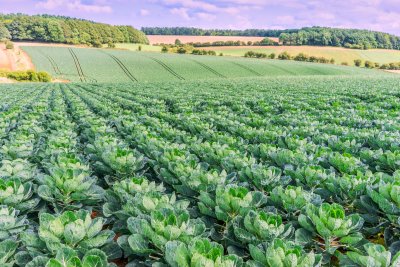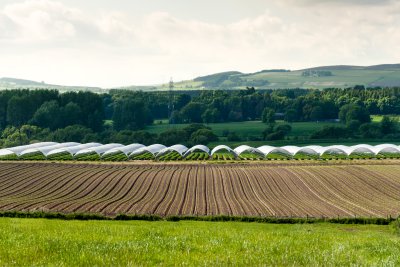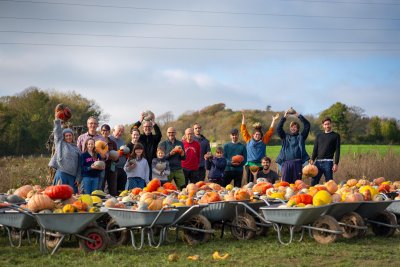 kale Credit: pexels
kale Credit: pexels

Growing more vegetables using green manures to protect soil
We need to protect soils but we also need more fresh vegetables. New reserch shows how we can grow more vegetables but reducing the harm this can do to soils.
There is an emerging push to grow more salad, vegetables and fruits in the United Kingdom to help deliver climate action goals and support public health outcomes. However, these are often soil intensive systems that use heavy tillage to create an ideal seedbed and manage weeds. This intensive cultivation, along with a lack of organic inputs back to the soil, causes degradation and longer-term management concerns. Therefore, it is becoming increasingly important for salad and vegetable growers to find ways to improve and protect soil health.
One option can be short-term green manures. Dependent on rotation and system, these can be planted in late autumn and cultivated into the soil in early spring (i.e. a cover crop). Alternatively, they can be used in a companion cropping style system where strips of green manure are planted in between the rows of cash crop—almost in a rotational style management technique.
As part of their GREATsoils project, the Agriculture and Horticulture Development Board (AHDB) published a report titled ‘Short-term green manures for intensively cultivated horticultural soil’. It provides some good quality, independent advice based on research and trials, as well as highlighting the growing evidence base that supports this management practice. Here are some of the key messages from the report:
- Try and use a mix of species for multiple benefits; for example:
- Rye/vetch mix lasts over winter and fixes atmospheric nitrogen;
- Oilseed radish quickly develops deep roots to break soil compaction;
- Phacelia flowers late into autumn which helps support pollinators; and,
- Oats are inexpensive and provide biomass back to soil.
The case study mentioned in the report provides some interesting insights on what green manures mean in the context of an on-farm situation. The farmer used the green manure as a cover crop in between the cereal and salad crop. They found that the green manure improved drainage of the soil, allowing them to get on the land earlier than usual. It decreased cultivation costs by improving the structure of the soil and there were benefits for water infiltration during heavier rain events.
If we are to start growing more salad, vegetables and fruits here in Britain, we have to be mindful of the systems which are used to grow that produce. Alongside yield, farmers need to consider soil management, climate mitigation and adaptation, reducing input use (fertiliser and pesticides), and enhanceing biodiversity. Measures like green manures are one of a number of management techniques that can help achieve some of those wider outcomes. You can find more information on the AHDB report here.
Sustainable Farming Campaign: Pushing for the integration of sustainable farming into local, regional and national government policies.
Sustain
The Green House
244-254 Cambridge Heath Road
London E2 9DA
020 3559 6777
sustain@sustainweb.org
Sustain advocates food and agriculture policies and practices that enhance the health and welfare of people and animals, improve the working and living environment, promote equity and enrich society and culture.
© Sustain 2026
Registered charity (no. 1018643)
Data privacy & cookies
Icons by Icons8







